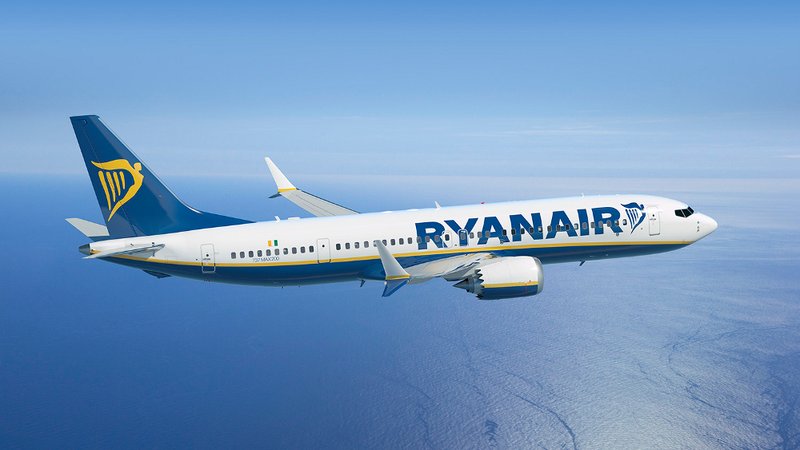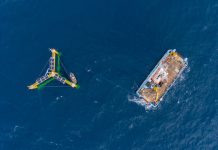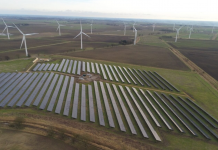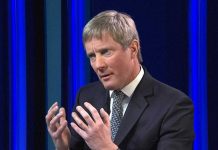Low cost flight behemoth Ryanair, the airline seen once on TV getting its pilots to top up planes with avgas on a charge card passed to bowser drivers through the cockpit window, has put figures around its aim to be carbon neutral by mid-century. Academics, the airline, its passengers and the environment should all benefit.
Sustainable aviation fuels or SAFs take up the biggest chunk for the carrier, which already claims to be Europe’s greenest airline. Filing this week its Pathway to Net Zero flight plan, the Irish-registered carrier plots a pinpoint course to cleaner skies.
In stripping all carbon from its operations, Ryanair says
- 34% of savings will come from greater use of clean SAFs
- 32% will come through improvements in technology & operations
- 24% through offsetting & economic measures
- 10% through better routing and Air Traffic Management
Ryanair is working with the EU and fuel suppliers to accelerate SAF supplies. Partnering with Trinity College Dublin, it has established the Ryanair Sustainable Aviation Research Centre. This tie-up will deliver research in SAFs, into zero carbon propulsion of planes and in noise mapping.
Ryanair substantiates its green claims with published monthly statistics. Carrying 8.7 million travellers last month as Europe’s travel curbs eased, it claimed its lowest emissions metric yet, 70 gm of carbon emitted for every passenger kilometre.
More fuel-efficient, quieter aircraft sourced from Boeing also feature. The plane-maker claims its 737-8200 ‘Gamechanger’ – pictured above – is 12% more efficient in fuel consumed and CO2 emitted than Ryanair’s existing fleet. To date, the carrier has taken delivery of 55 of the planes, a quarter of the order detailed in its $22 billion commitment.
Thomas Fowler, the airline’s sustainability director, said: “As Europe’s greenest major airline, Ryanair understands that aviation plays a pivotal role in tackling climate change.
“We were delighted to be upgraded to a ‘B’ rating by the Carbon Disclosure Project this year”, Fowler went on, “recognising our commitment to reducing our environmental impact. We will continue to lead the sustainable aviation agenda in European aviation as we embark on our ambitious Pathway to Net Zero by 2050.”
Also in sustainable aviation fuels, innovation investors Hydrogen One Capital, backed by Sir Jim Ratcliffe’s INEOS, this morning announced a £ 10 million tie-up with clean fuel merchants Safran to aid Cranfield Aerospace Solutions.
Situated at the Midlands flight engineering centre, the start up will pursue Project Fresson, a programme to develop commercial flight propulsion through hydrogen-electric technology.
Paris-based Safran will work with CAeS in bringing forward electric flight powered by hydrogen fuel cells.
HydrogenOne chairman Simon Hogan said: “The successful decarbonisation of flight is an imperative in order to reach ‘net zero’. We believe that Cranfield Aerospace has the team and the strategy to facilitate clean flight”.




